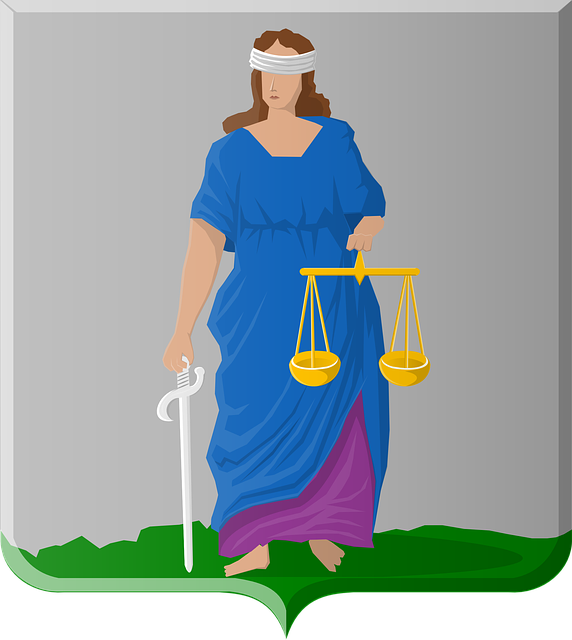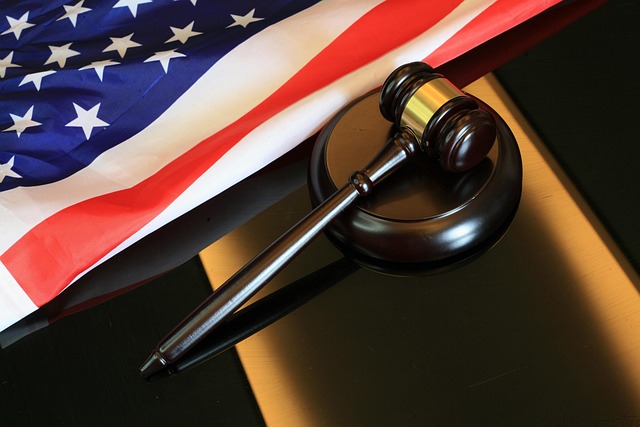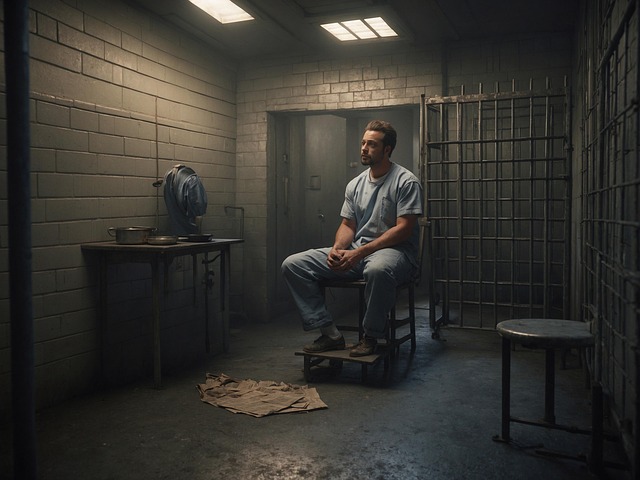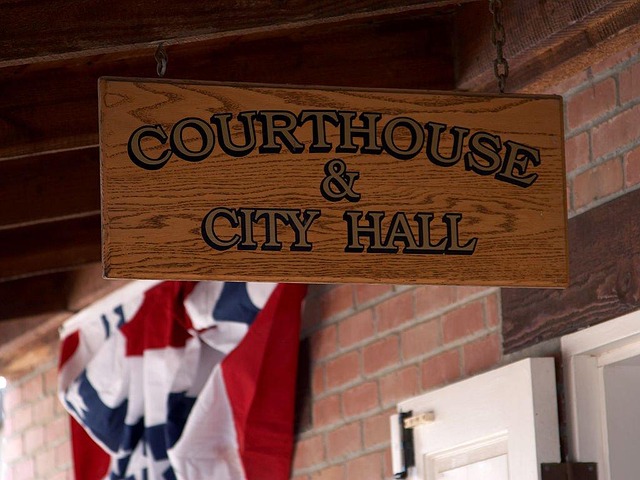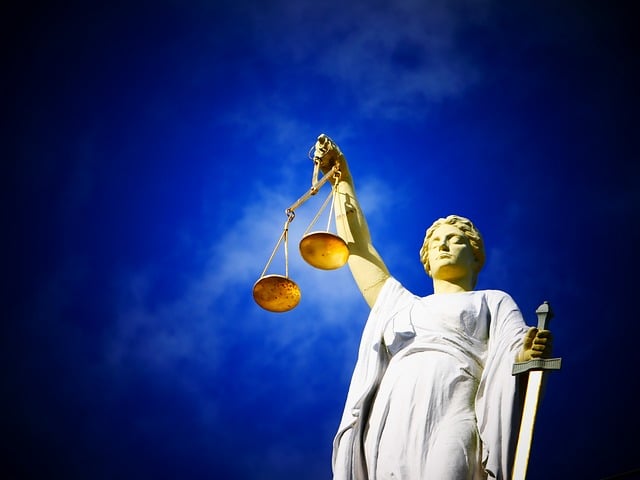Environmental Crime Trials, focusing on class action lawsuit settlements, are a powerful tool in environmental justice. These trials hold individuals and corporations accountable for ecological damage through regulatory violations, leading to financial penalties and setting important precedents. The multi-step process starts with legal action, negotiations, judge approval, and can result in substantial compensation for victims and communities, while also deterring future transgressions and encouraging corporate accountability for environmental impacts.
“Environmental Crime Trials: Uncovering Accountability and Justice through Legal Lenses
This comprehensive guide delves into the world of environmental justice, focusing on a powerful tool—criminal trials and class action lawsuits. We explore how these legal strategies hold perpetrators accountable for ecological damage. From understanding the unique challenges to dissecting the settlement process, we provide insights into the impact of successful litigation.
Key topics include the role of class action lawsuits in securing justice, the intricate steps involved in the settlement process, and the broader implications for environmental conservation.”
- Understanding Environmental Crime Trials: A Legal Perspective
- The Role of Class Action Lawsuits in Holding Perpetrators Accountable
- Settlement Process: From Filing to Distribution
- Impact and Future of Environmental Justice through Litigation
Understanding Environmental Crime Trials: A Legal Perspective

Environmental Crime Trials represent a unique intersection of environmental law and criminal justice. From a legal perspective, these trials involve the prosecution of individuals or corporations accused of violating environmental regulations, leading to significant ecological damage. The process often culminates in a Class Action Lawsuit Settlement, where defendants agree to compensatory measures aimed at remediating the affected areas and preventing future harm.
Understanding this dynamic is crucial for appreciating the role of both the judicial system and the philanthropic and political communities in holding offenders accountable. High-stakes cases like these have an unprecedented track record of driving change, not only through financial penalties but also by setting precedents that influence environmental policy and corporate conduct. This ensures a more sustainable future by deterring similar transgressions.
The Role of Class Action Lawsuits in Holding Perpetrators Accountable

In the fight against environmental crimes, class action lawsuits play a pivotal role in holding perpetrators accountable. These legal actions, driven by affected communities and represented by skilled attorneys, collectively stand as a powerful tool to demand justice and compensate for the environmental harm caused. The class action lawsuit settlement process involves several steps, meticulously navigating complex legal landscapes to ensure fairness for all involved. This method allows for the aggregation of claims from numerous individuals or entities, amplifying the impact and achieving extraordinary results in holding both corporate and individual clients accountable for their actions.
By pooling resources and sharing legal strategies, class action lawsuits can effectively challenge white-collar defense tactics often employed by perpetrators. This collective approach not only facilitates a more robust legal argument but also serves as a deterrent, potentially preventing future environmental crimes. Through these settlements, significant funds are allocated towards environmental restoration projects, further underscoring the accountability of those who have caused ecological damage.
Settlement Process: From Filing to Distribution
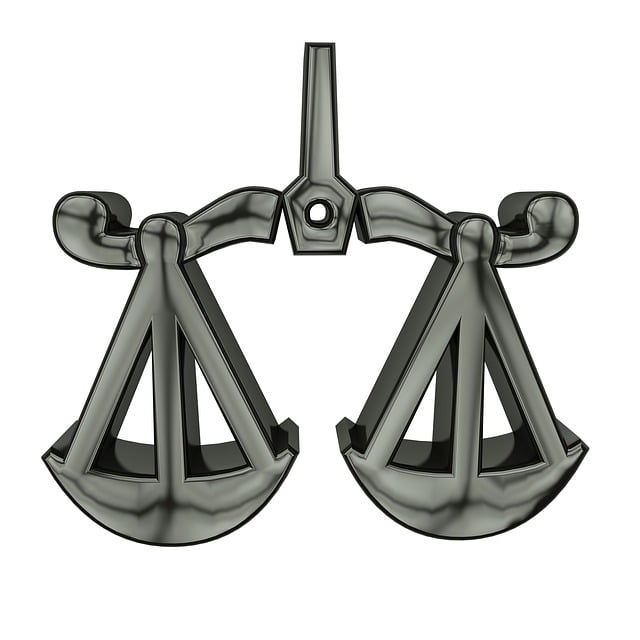
The Class Action Lawsuit Settlement Process Explained involves a series of meticulously structured steps designed to rectify environmental crimes and secure compensation for affected communities across the country. It begins with the filing of a lawsuit, where plaintiffs allege violations of environmental laws and regulations by defendants responsible for pollution or ecological degradation. This initial stage sets the framework for what follows, including all stages of the investigative and enforcement process.
Once filed, the case enters negotiations, where legal teams engage in discussions aimed at reaching a mutually agreeable settlement. This is a crucial phase, often involving complex negotiations and strategic considerations. If an agreement is reached, it is presented to a judge for approval, ensuring fairness and adherence to legal standards. Successful settlements offer redress to victims, compensate communities for environmental harm, and promote accountability among polluters, contributing to winning challenging defense verdicts across the country.
Impact and Future of Environmental Justice through Litigation

The impact of environmental crime trials on achieving environmental justice is profound, particularly through the class action lawsuit settlement process. These legal mechanisms empower communities to hold polluters accountable and demand reparations for historical and ongoing ecological damage. By pooling resources and leveraging collective action, affected groups can access legal representation, ensuring that their voices are heard in high-stakes cases. The success of these trials lies in their ability to achieve extraordinary results, from securing substantial monetary compensation to forcing industry giants to implement stricter environmental standards.
Looking ahead, the future of environmental justice through litigation hinges on continued community engagement and innovative legal strategies. As public awareness grows about the consequences of environmental degradation, more individuals and communities will be empowered to take legal action. This surge in class action lawsuits could lead to significant policy changes and hold corporations responsible for their ecological impact. The outcome promises a more sustainable and equitable future, where justice is not only served but also drives transformative change.
Environmental crime trials play a pivotal role in securing environmental justice. By understanding legal frameworks, leveraging class action lawsuits, and efficiently managing settlement processes, we can hold perpetrators accountable and mitigate ecological damage. The impact of these trials extends beyond financial compensation; they send a powerful message that harming our planet will not be tolerated. As the success of class action lawsuit settlements demonstrates, collective action is a potent tool for environmental protection, shaping a more sustainable future through litigation.
